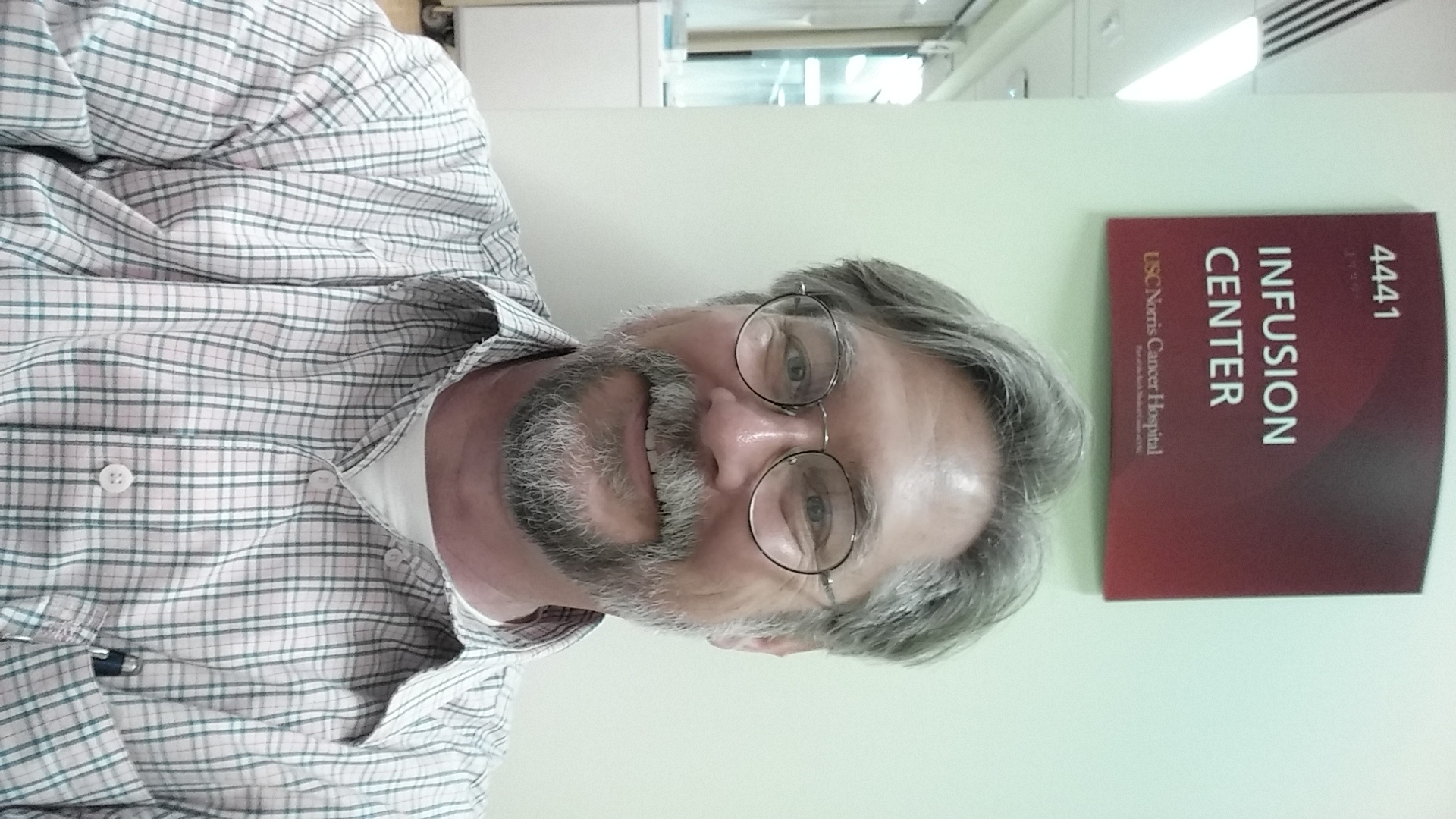While it may seem oxymoronic to use the term “benefits” in conjunction with a cancer diagnosis, the fact is that there are going to be some options that open to the cancer patient and ways to take advantage of them which might not be immediately obvious. And the best way to maximize these benefits, of course, begins with an early diagnosis. Just like everything cancer related, the earlier the diagnosis the better, though no matter how late the diagnosis comes it will always be better than an even later one.
Because cancers tend to move at varied rates, it is important to know whether a cancer is of the slow and steady variety or if it particularly aggressive. The options available for an aggressive cancer are naturally slimmer, largely because that cancer needs to be attacked right away. But this can, in its own way, be liberating. When our set of choices is reduced to the bare minimum, it frees us up to focus on other things. There is somehow, amazingly, less to worry about. I do A or B, it works or it doesn’t. There is no waiting or wasting time, just getting into action and rolling with it.
And focusing, then, on what really matters. Continue reading Maximizing Your Cancer Benefits
